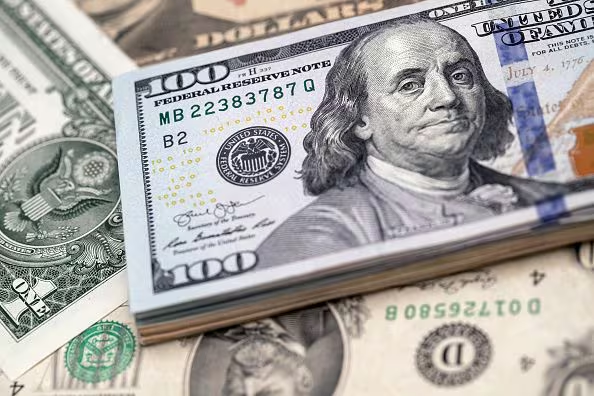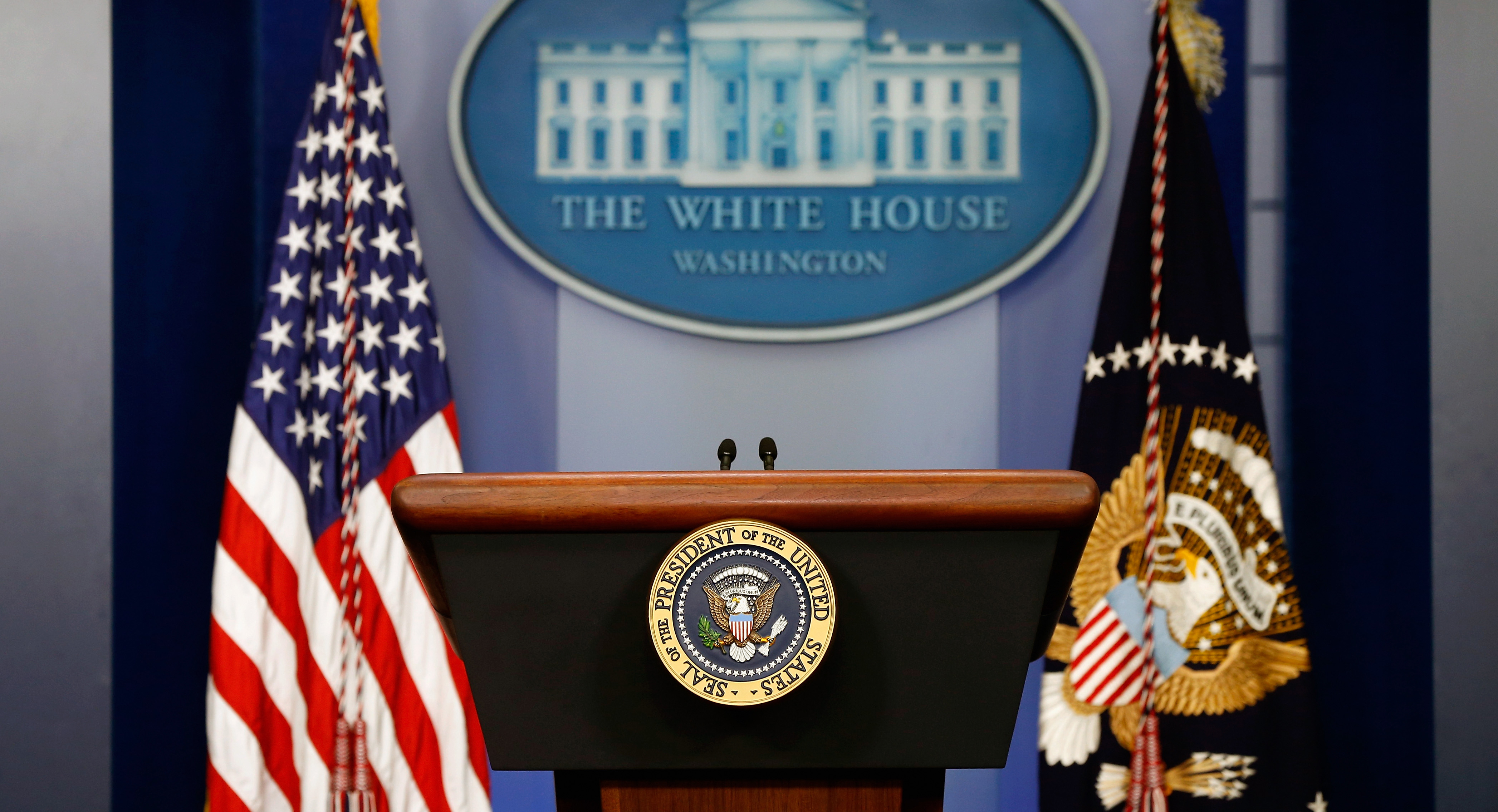The debate over wealth taxation has reached a fever pitch, and it’s the wealthy who should be sweating. Just as Franklin Roosevelt took a stand against the forces of big money in the 1930s, today’s politicians must grapple with the alarming reality of wealth inequality. With Rachel Reeves hinting at a softer approach to taxing the ultra-rich, the stakes could not be higher.
Historical Context of Wealth Taxation
The Revenue Act of 1935 marked a pivotal moment in American economic history, introducing a progressive tax that targeted the wealthiest individuals. According to Wikipedia, this act imposed tax rates of up to 75 percent on incomes exceeding $5 million. Roosevelt, despite his elite background, understood that the resilience of capitalism relied on a fair distribution of wealth. His New Deal programs were not merely about economic recovery; they were about reshaping the very fabric of American society to ensure that everyday people had a stake in the system.
Current Landscape of Wealth Taxation
Fast forward to 2025, and Rachel Reeves is caught in a delicate dance as she navigates the treacherous waters of fiscal policy. While she has implemented various tax increases affecting everything from inherited pensions to large agricultural holdings, she shies away from calling it a "wealth tax." As reported by Brookings, the hesitation to embrace the term reflects a broader reluctance among politicians to confront the wealth elite directly. This avoidance could prove detrimental as the urgency for comprehensive reform grows.
\n\n
Opinion | Congress passed up inheritance taxes to fix wealth ine…
The Importance of Framing in Tax Policy
The language used in the taxation debate is crucial. Just as David Lloyd George rallied support against the entrenched interests of the landlord class in early 20th-century Britain, modern politicians must adopt a combative rhetoric to confront wealth inequality. The framing of tax policies can influence public perception and mobilize support for measures that directly challenge the privileges of the wealthy. History shows that the success of tax reforms often hinges more on the emotional resonance of the argument than on the technical details. Politicians must craft narratives that turn the privileges of wealth into sources of shame, as Roosevelt did when he welcomed the hatred of the wealthy.
The Risks of Half-Hearted Measures
Reeves’ recent comments at Davos, where she expressed a desire to accommodate the "non-dom" community, reveal a troubling trend towards appeasement rather than confrontation. As noted by Pit Journal, this approach risks undermining the very goals of wealth taxation. If the wealthy feel that they can negotiate their way out of contributing their fair share, the potential for real social change diminishes dramatically.
\n\n
Daily White House press briefing to stay in the West Wing ...
Opportunities for Comprehensive Fiscal Reform
The current moment presents a unique opportunity to revisit wealth taxation as a cornerstone of fiscal policy. Addressing wealth inequality head-on can create not just a more equitable tax structure but also lay the groundwork for broader societal reforms. According to IRS, taxes on the wealthy can significantly reduce inequality, but the political will to implement such measures is essential. A commitment to taxing wealth, coupled with a transparent approach to fiscal responsibility, could catalyze a reimagining of social support systems, benefiting all citizens.







![[Video] Gunfire between Iraqi security forces and Sadr militias in Baghdad](/_next/image?url=%2Fapi%2Fimage%2Fthumbnails%2Fthumbnail-1768343508874-4redb-thumbnail.jpg&w=3840&q=75)
